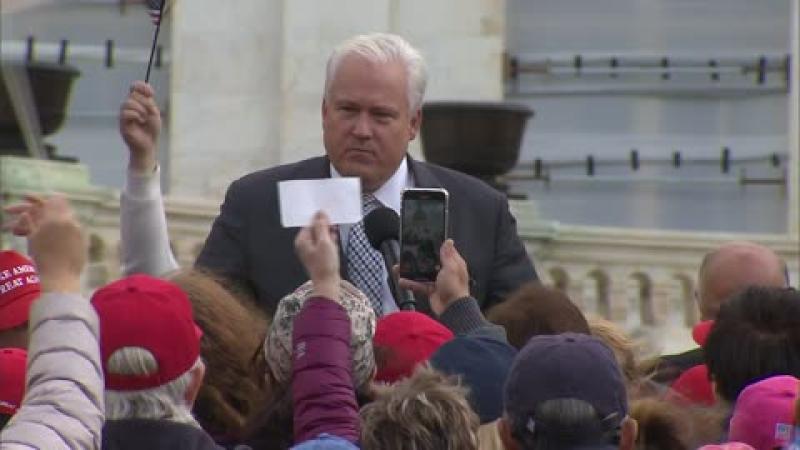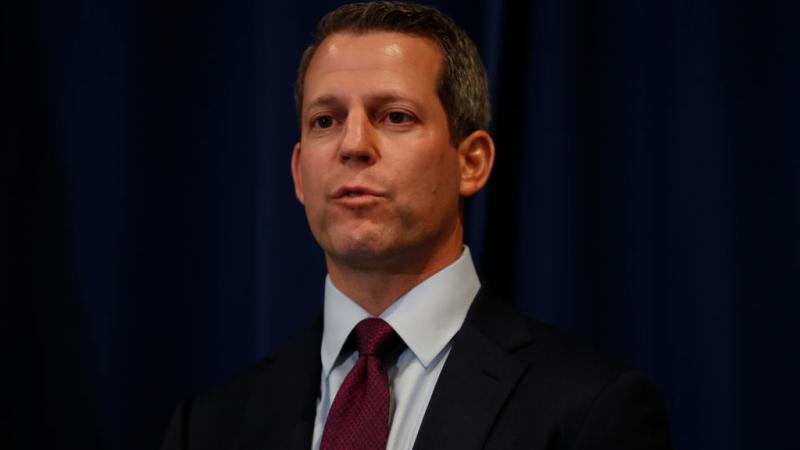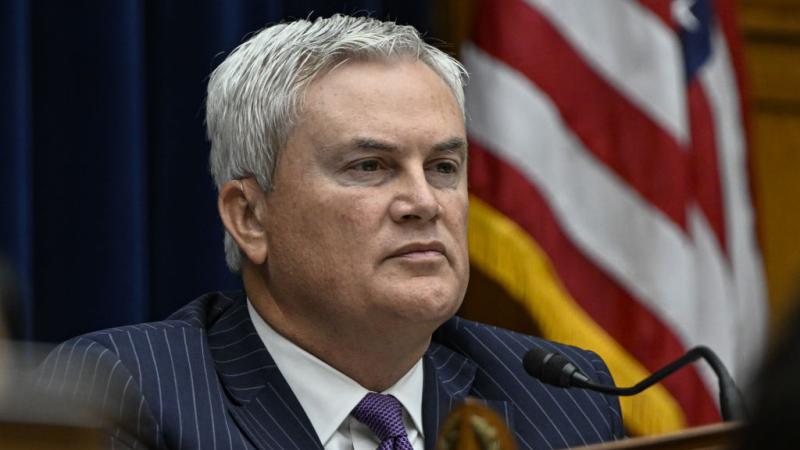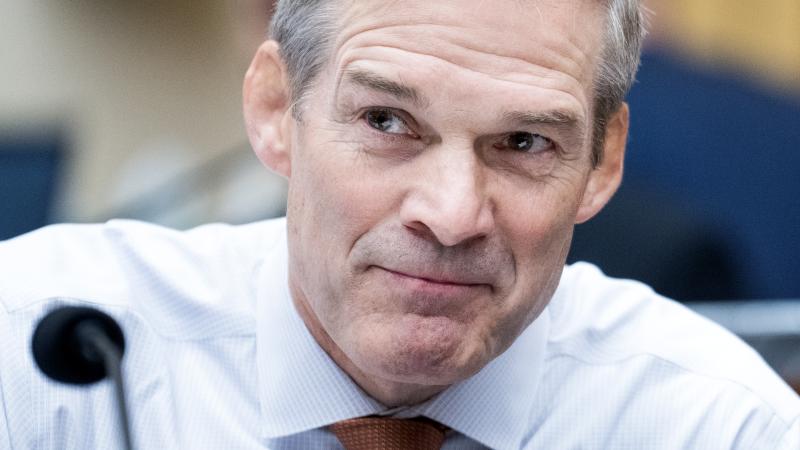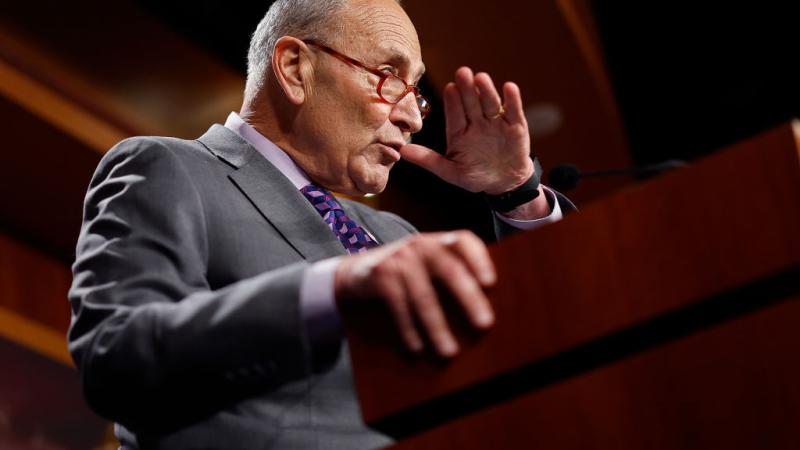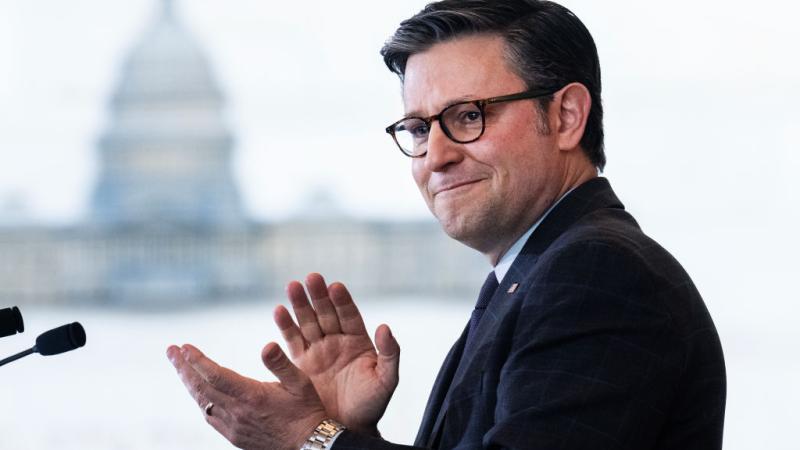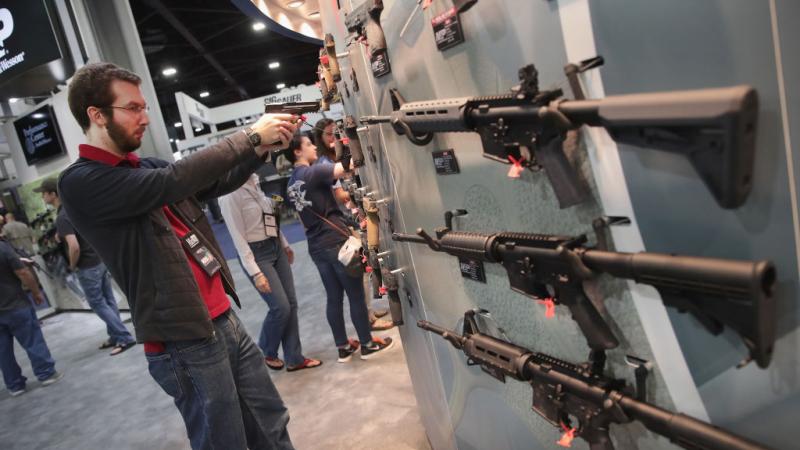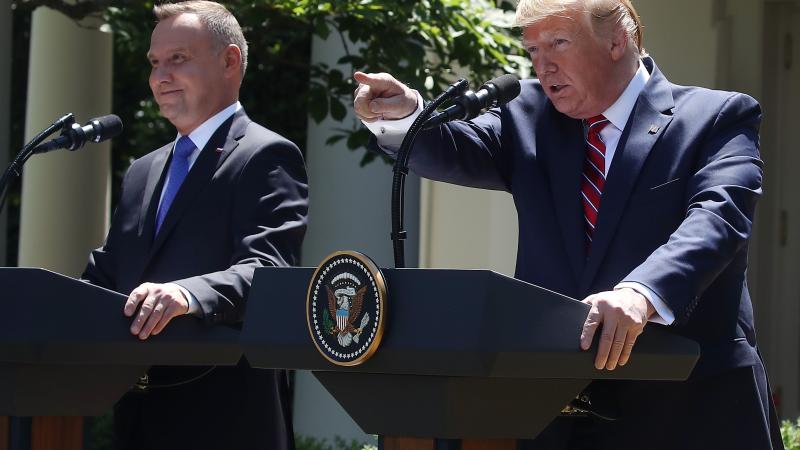Wisconsin legislators sue election regulators to block clerks from ‘curing’ errant ballots
"The rules for how elections should be carried out should not be changing weeks before the election," said Wisconsin state Rep. Janel Brandtjen.
Wisconsin state legislators are pushing back on the Wisconsin Election Commission, challenging its absentee ballot curing guidance in court, even as the controversial commission seeks additional funding from the Legislature to boost confidence in elections.
On Wednesday, the bipartisan commission unanimously voted to request that the Republican-controlled state Legislature give the agency $1.3 million to hire 10 people for the creation of an Elections Inspector General office.
WEC said that since 2016 the public records requests it receives have increased from an average of two per month to over 16 per month, while the number of complaints has soared from an average of 15 a year prior to 2020 to a projected 100-plus this year.
The new inspector general office would help create "a more effective, efficient agency that will better address citizen concerns and requests and thus increase public confidence in our elections," according to WEC.
In July, Wisconsin state Rep. Janel Brandtjen (R-Menomonee Falls), acting as a Wisconsin resident rather than a state representative, filed a lawsuit against WEC for committing election fraud, citing the commission's continuing guidance, first published in 2016, that clerks can cure absentee ballots, meaning fill in missing information.
The state Legislature's Joint Committee on the Review of Administrative Rules (JCRAR) told WEC last year to either discontinue the guidance or establish it through the emergency rule process, placing it under JCRAR's jurisdiction. In January, WEC voted to implement the guidance through an emergency rule, which JCRAR then struck down in July, The Cap Times reported.
The commissioners then split 3-3 on a motion to rescind the guidance following its suspension by JCRAR, leaving the guidance in force.
On Aug. 11, the state Legislature joined in a lawsuit against WEC over the curing guidance. The lawsuit was initially filed by three voters and the Republican Party of Waukesha County, according to the Cap Times. In addition to the lawsuit intervention, the lawmakers are seeking a temporary injunction from a Waukesha County judge to immediately block ballot curing.
Brandtjen told "Just the News, Not Noise" TV show Tuesday night that WEC was changing election "rules mid-game."
"The rules for how elections should be carried out should not be changing weeks before the election," she said, noting that early ballots were already being sent out to voters.
On Aug. 12, WEC told clerks that it was "reactivating select voter records previously deactivated on July 31, 2021" due to "ongoing litigation in the United States District Court for the Western District of Wisconsin." The previously deactivated voters had "not submitted a new voter registration, affirmed their address, or voted in an election between October 2019 and July 2021."
Brandtjen criticized WEC for the action, which placed about 31,000 inactive voters back on the MyVote system.
"[N]ot only would they be inactive voters, but if they declared themselves indefinitely confined, they're going to be able to be added back onto the rolls, as well," she said.
The state Supreme Court previously ruled that in the 2020 election about 200,000 voters illegally bypassed voter ID requirements by claiming they were indefinitely confined due to the COVID-19 pandemic.
Brandtjen called WEC's decision "mind-boggling," since regardless of whether or not someone is on the voter rolls, the state has same-day registration and voters just need to show ID to cast their ballot.
WEC didn't immediately respond to a request for comment Wednesday evening.
In Wisconsin, the center-left Center for Tech and Civic Life gave about $9 million to local election authorities during the 2020 election cycle, mostly to the state's five largest cities, which are bastions of Democratic support. CTCL was the primary recipient of approximately $400 million in private funds to public election administration authorities in 2020 from Facebook founder/Meta CEO Mark Zuckerberg and his wife Priscilla Chan.
In July, the Wisconsin Supreme Court ruled that WEC's authorization of absentee ballot drop boxes in the 2020 presidential election was illegal since the state Legislature had not permitted them.
According to then-Special Counsel Michael Gableman's report on the 2020 presidential election, nearly 91 nursing homes in five counties — Milwaukee, Racine, Dane, Kenosha, and Brown — had voter turnout rates ranging from 95% to 100% in 2020 in an alleged ballot harvesting scheme.
Gableman also found that noncitizens had voted in the election.

